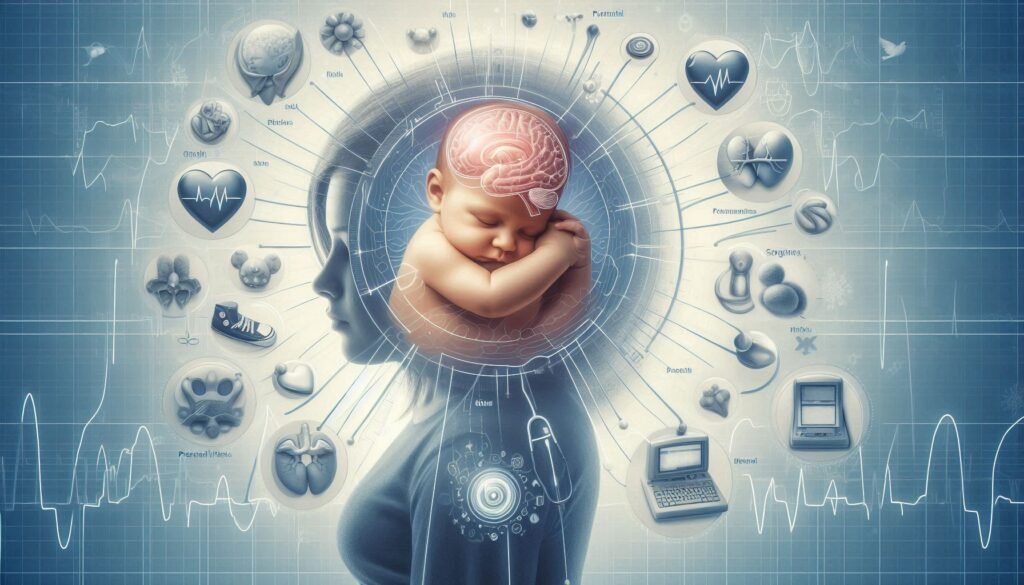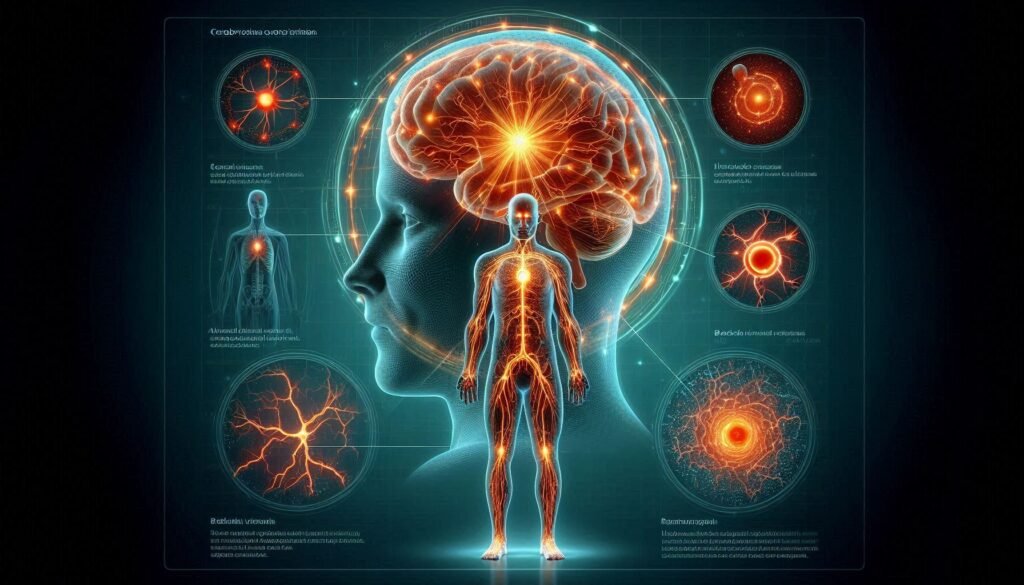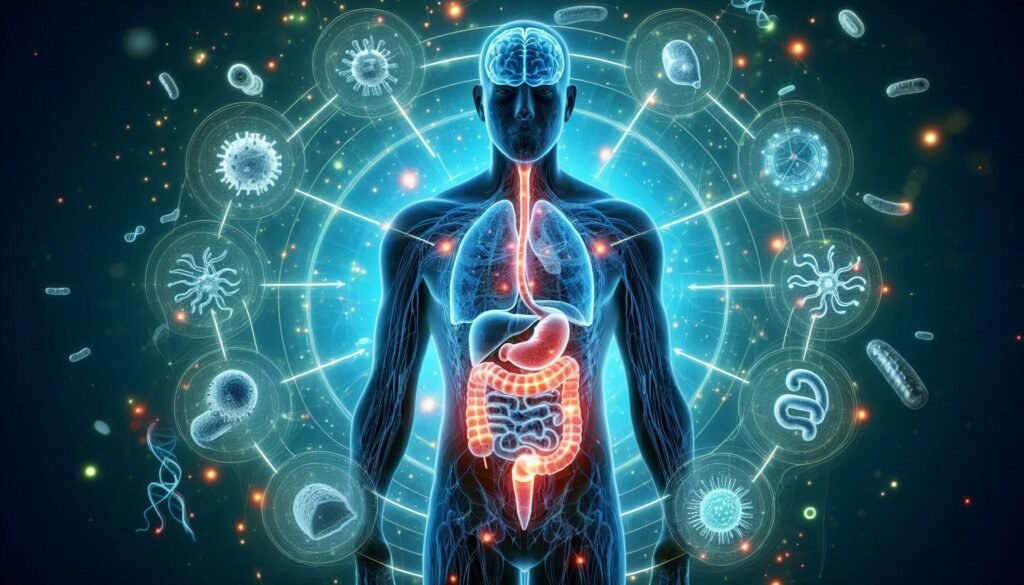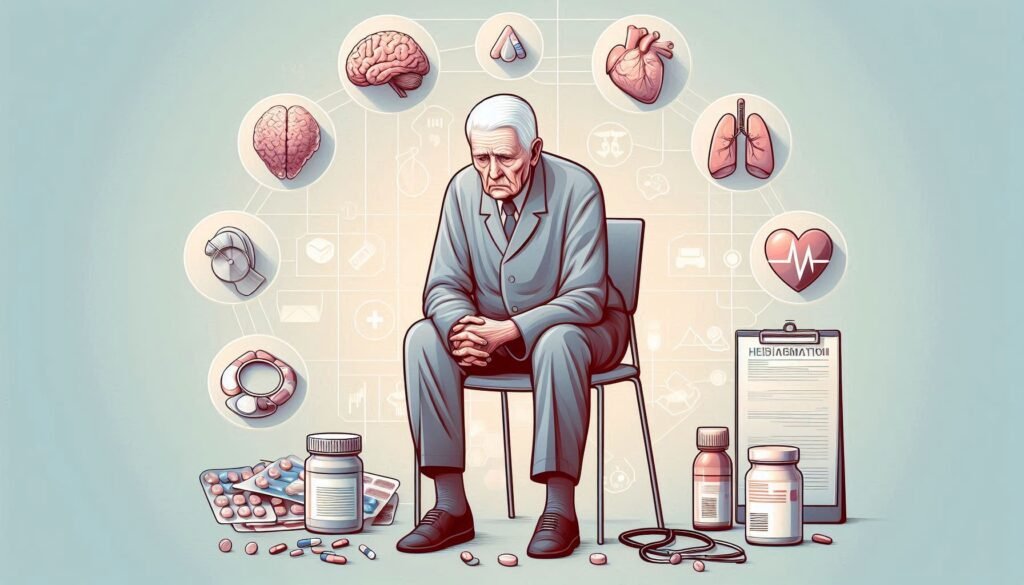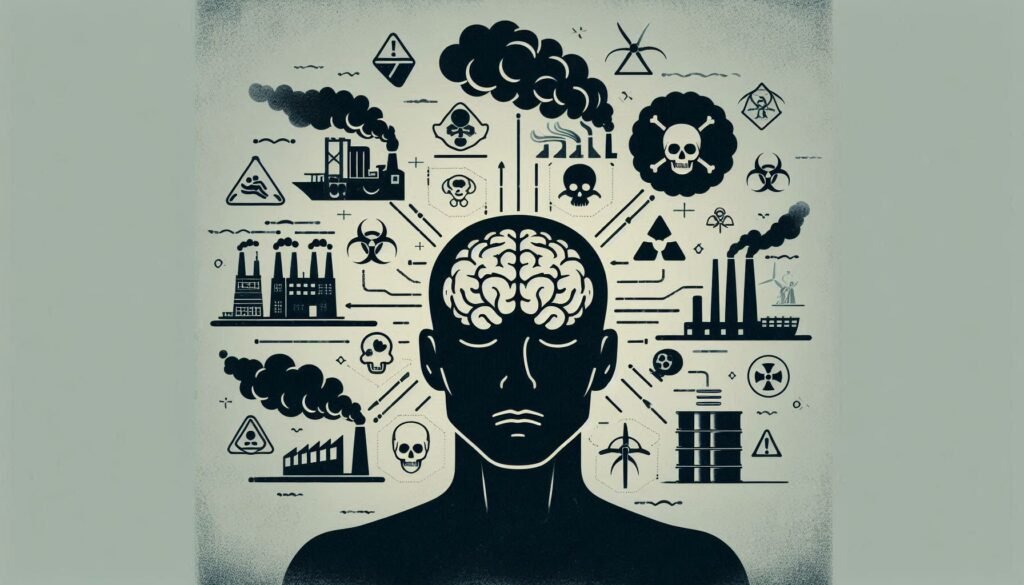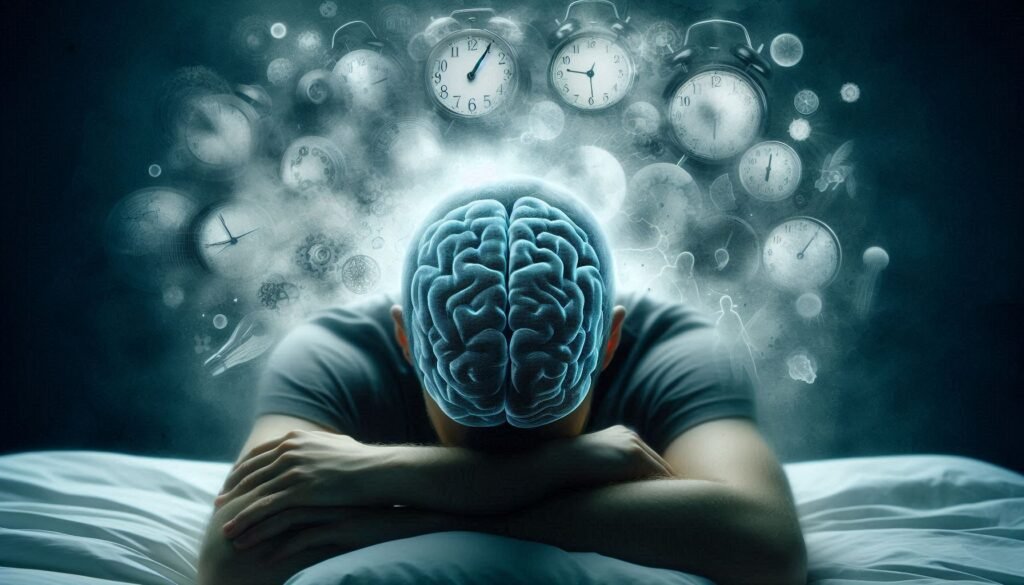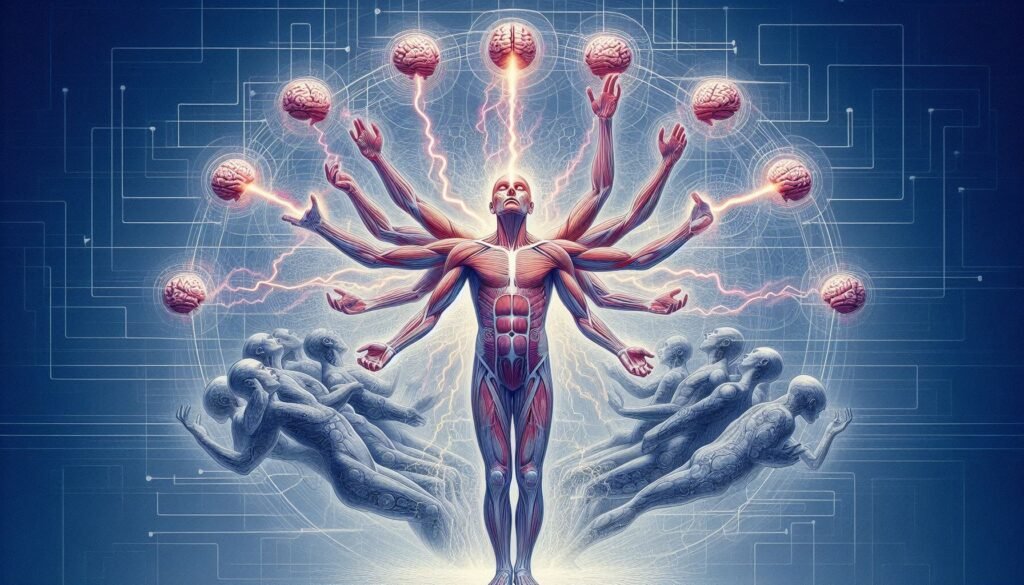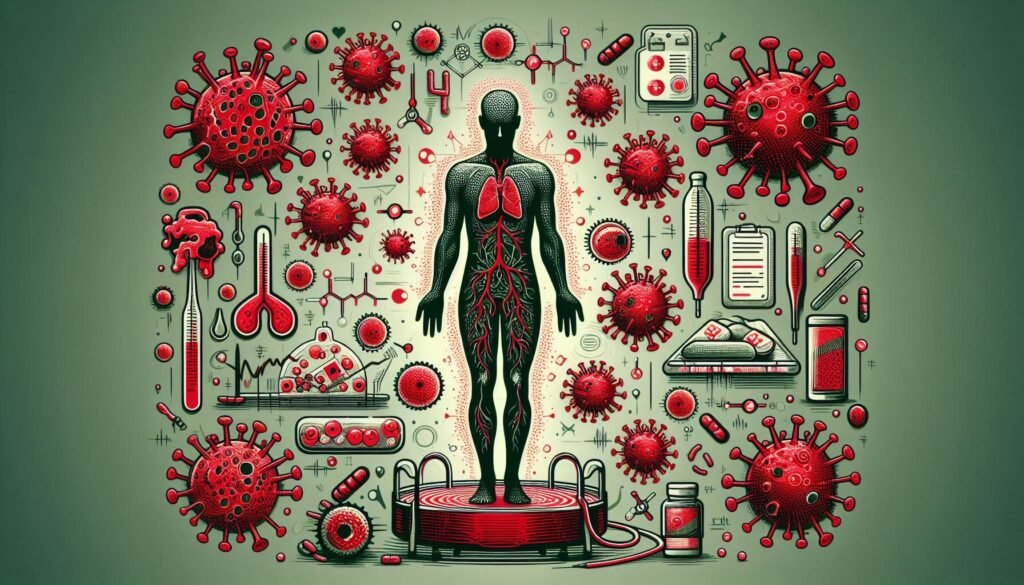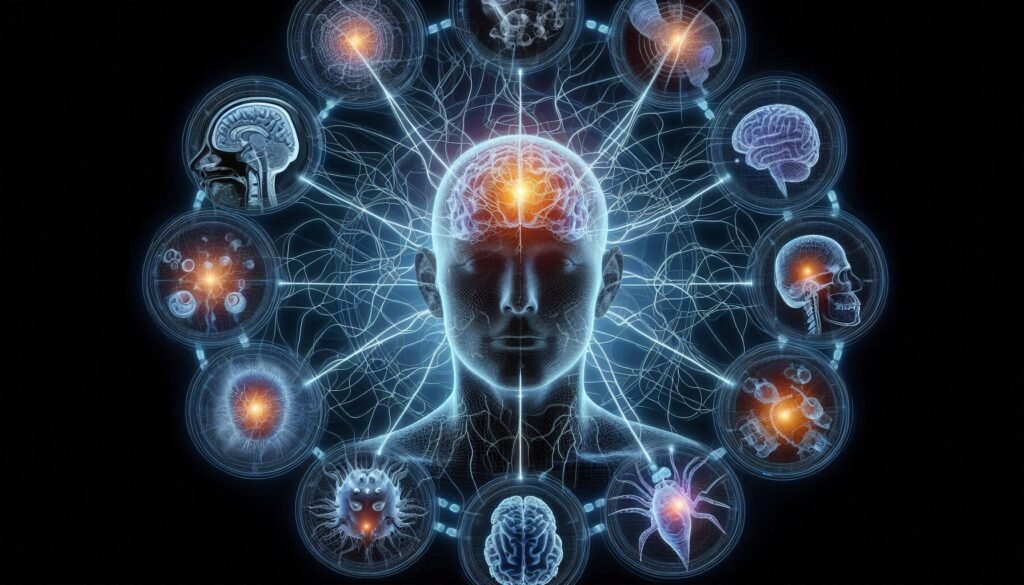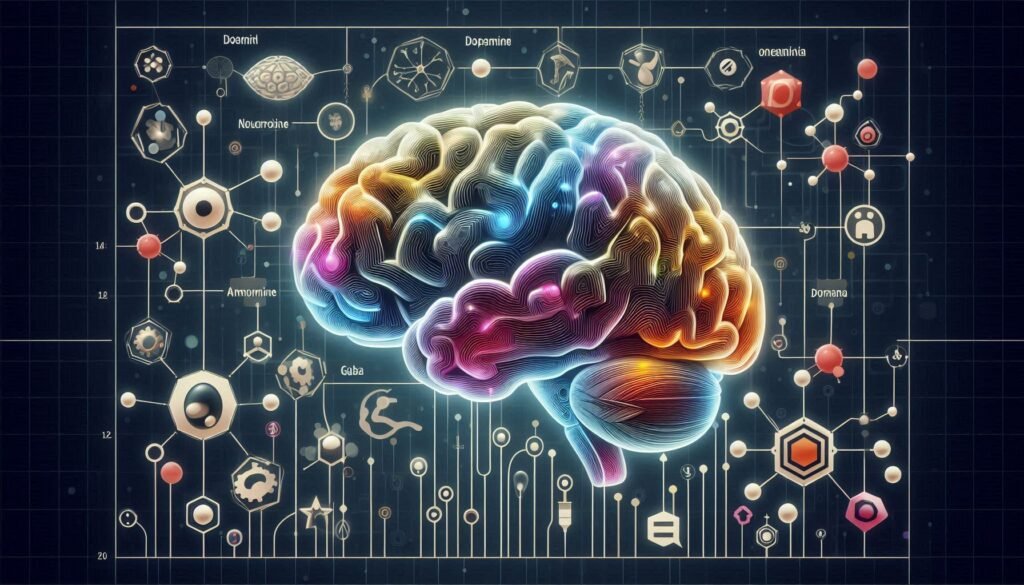Perinatal Factors and Their Influence on Catatonia Development
Catatonia is a complex neuropsychiatric condition that can significantly impact an individual’s life. While many factors contribute to its development, perinatal influences play a crucial role in shaping vulnerability during this critical period. Understanding these perinatal factors and their influence on catatonia development opens the door to prevention and early intervention strategies. Expectant mothers face […]
Perinatal Factors and Their Influence on Catatonia Development Read More »

